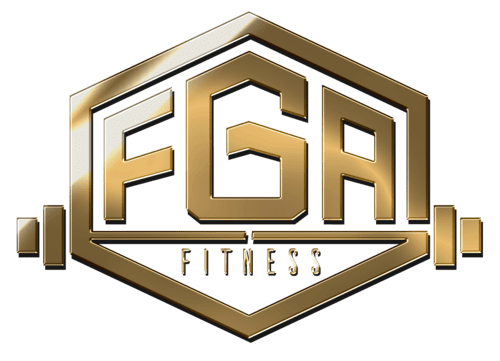
The crucial role of protein in exercise
Share
When it comes to maximizing the results of your workout routine, there’s one nutrient that takes center stage: protein . This essential macronutrient plays a crucial role in building and repairing muscle, maintaining muscle mass, and optimizing physical performance.
Today I want to share with you the importance of protein in exercise, why it is essential for any active person, and how you can make sure you get enough of it in your diet.
What is protein and why is it important?
Protein is one of the three essential macronutrients, along with carbohydrates and fats. It is made up of amino acids, which are the building blocks of tissues in our body, including muscles.
When you exercise, especially resistance training like weight lifting or bodyweight training, your muscles suffer small injuries or tears. To repair them and make them stronger, your body needs amino acids, which it gets from protein.
But protein in exercise isn't just limited to muscle repair. It also plays a key role in other aspects of your physical well-being, such as producing enzymes and hormones, strengthening the immune system, and preserving muscle mass as you age.
How much protein do you need?
The amount of protein you need depends on several factors, including your age, weight, activity level, and training goals. However, a general recommendation for active people is to consume between 1.2 and 2.0 grams of protein per kilogram of body weight per day. For example, if you weigh 70 kg, you should aim to consume between 84 and 140 grams of protein daily.
It's important to remember that these amounts are approximate and may vary depending on your individual needs. If you're training intensely, you may need more protein to support muscle recovery and growth. On the other hand, if your goal is to maintain your muscle mass and you're not in high-intensity training, a lower intake might be sufficient.
When should you consume protein?
The timing of protein intake also plays a major role in optimizing its exercise benefits. One of the key concepts is “protein timing,” which refers to the distribution of protein intake throughout the day, particularly around workouts.
Before exercise:
Consuming a protein source before your workout can provide your body with the amino acids it needs to begin repairing and rebuilding your muscles immediately after exercise. This can also help improve performance by providing a sustained source of energy.
After exercise:
Consuming protein within 30 to 60 minutes of exercise is crucial for muscle recovery. During this time, your body is in a state of heightened nutrient sensitivity, meaning that the amino acids from protein are more efficiently used to repair and build muscle.
Distribution throughout the day:
In addition to the moments before and after exercise, it is important to distribute protein intake evenly throughout the day. This helps maintain a constant supply of amino acids in the body, which is especially important for muscle repair and maintenance.
What are the best sources of protein?

There are many sources of protein, both animal and plant-based, that can help you meet your daily protein goals. Here are some of the most effective ones:
Animal sources:
- Chicken, turkey and other poultry
- Lean beef
- Fish and seafood
- Eggs
- Dairy products such as milk, yogurt and cheese
Plant sources:
- Legumes such as lentils, chickpeas and beans
- Tofu and tempeh
- Nuts and seeds
- Quinoa
- Soy products
If you follow a vegetarian or vegan diet, it's entirely possible to get enough protein from plant sources. Just make sure you combine different sources to get all the essential amino acids your body needs.
Myths about protein
Over the years, several myths have emerged about protein in exercise. One of the most common is that consuming large amounts of protein will harm your kidneys. However, research has shown that high protein intake is safe for healthy people.
Another myth is that you need protein supplements to gain muscle. While supplements can be convenient, they are not necessary if you get enough protein through a balanced diet.
Protein is an indispensable ally in any exercise program. From muscle repair to overall performance, its role is irreplaceable. Make sure you include enough protein sources in your diet and pay attention to when you consume them to maximize the benefits.
Whether you're looking to increase muscle mass, improve your endurance, or simply stay fit, never underestimate the importance of protein in exercise. Your body will thank you!
If you want to learn more about creatine, click here.

